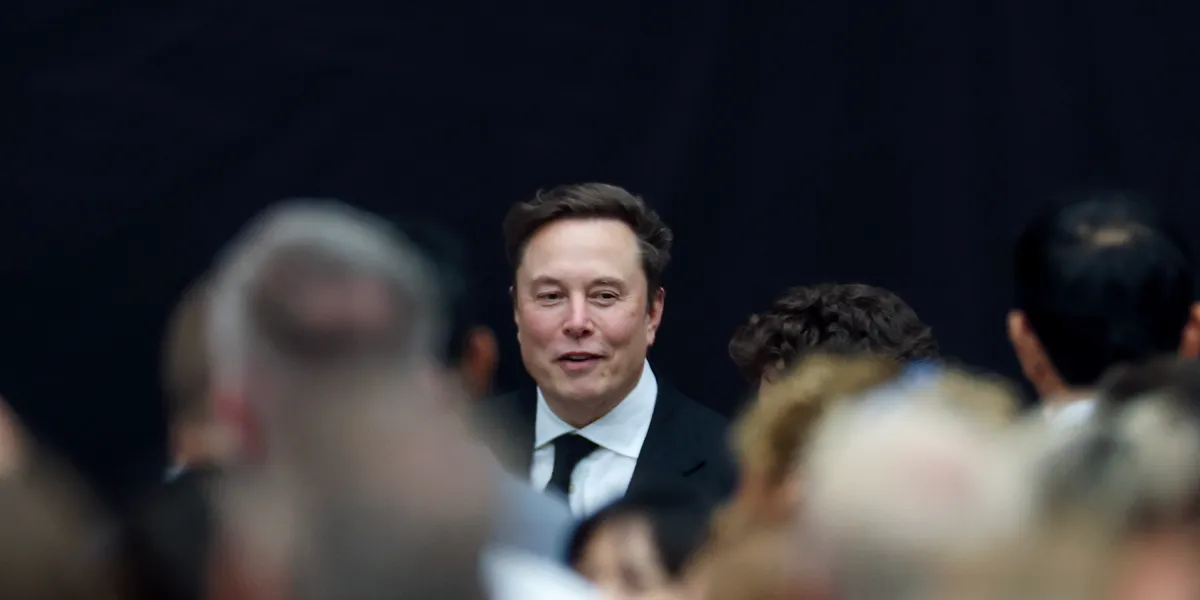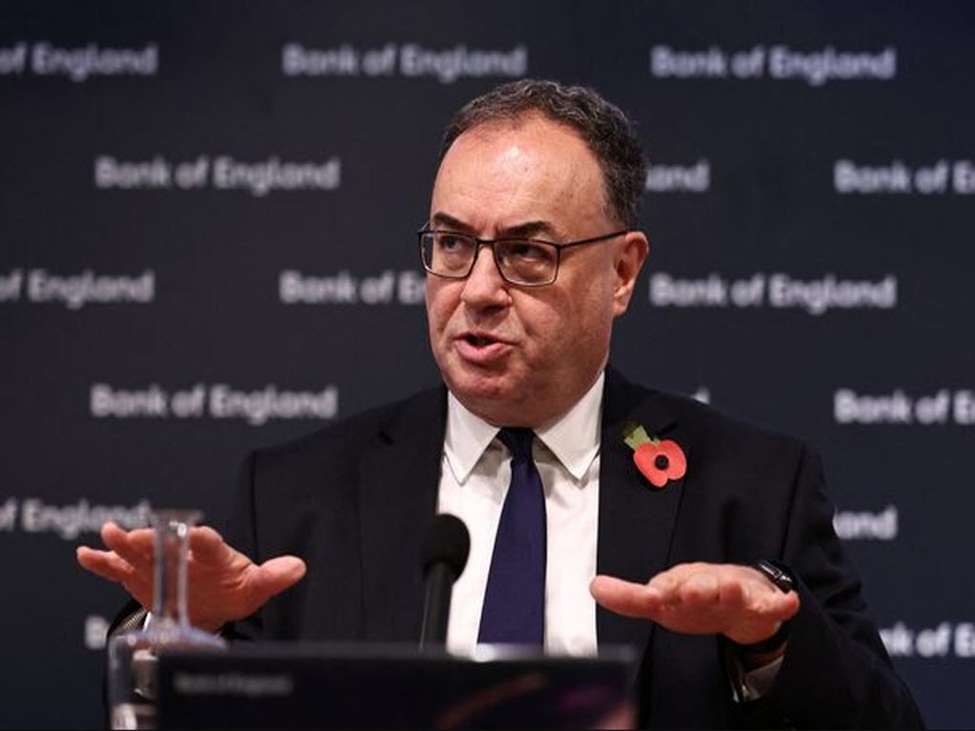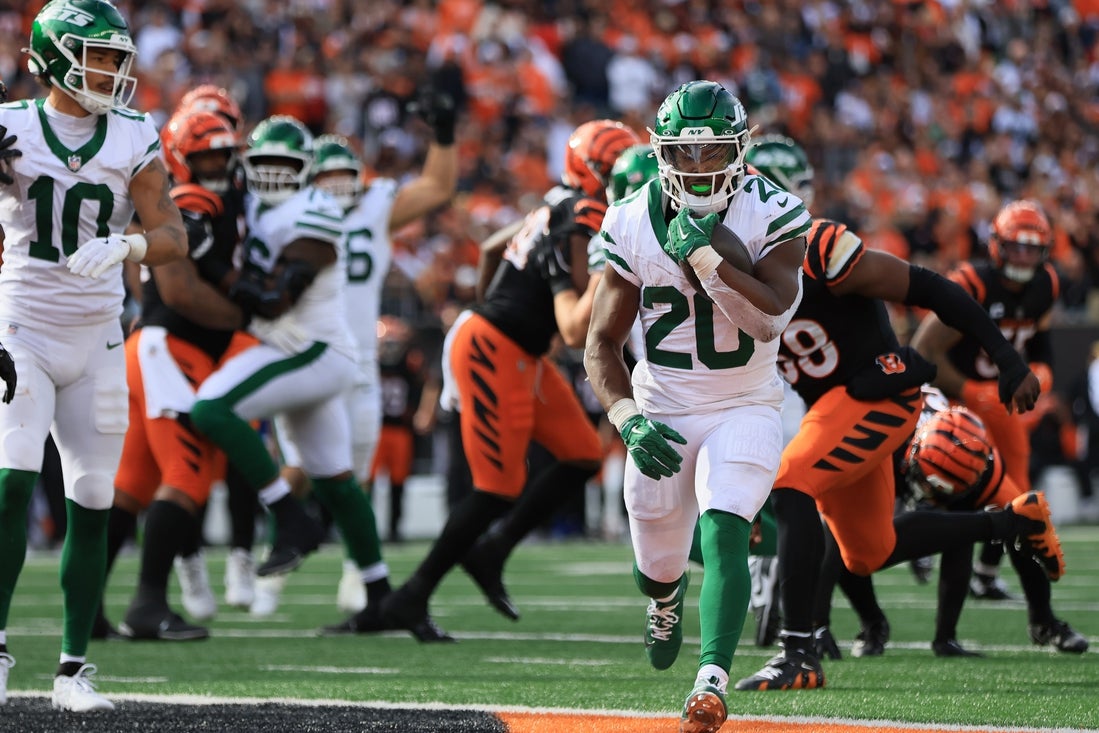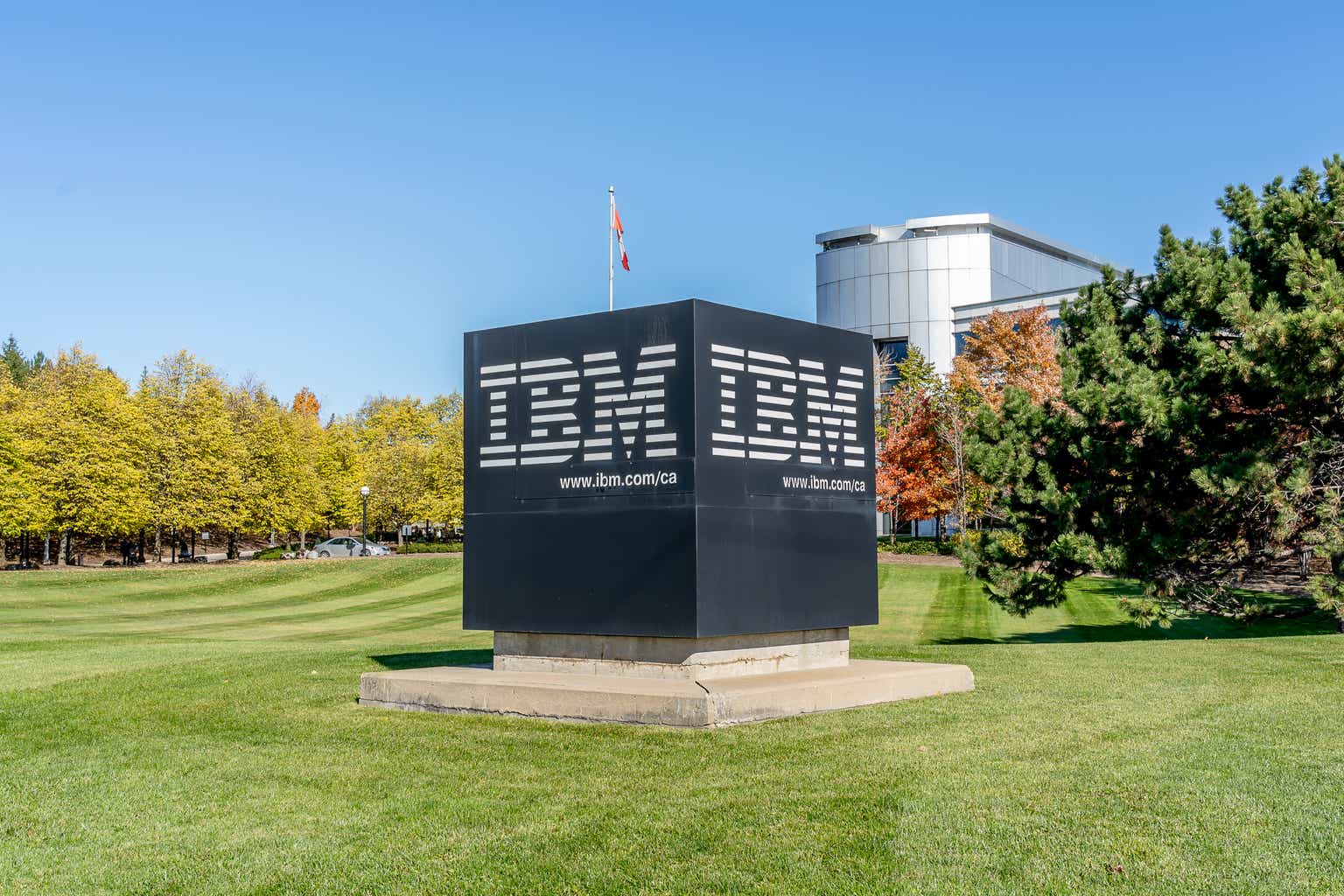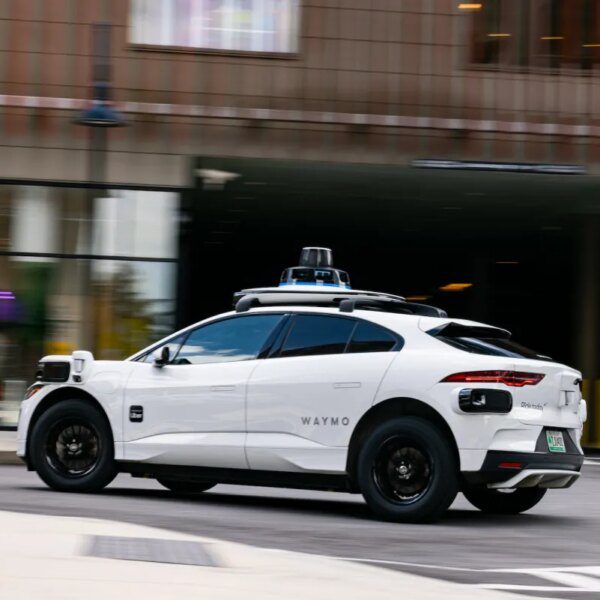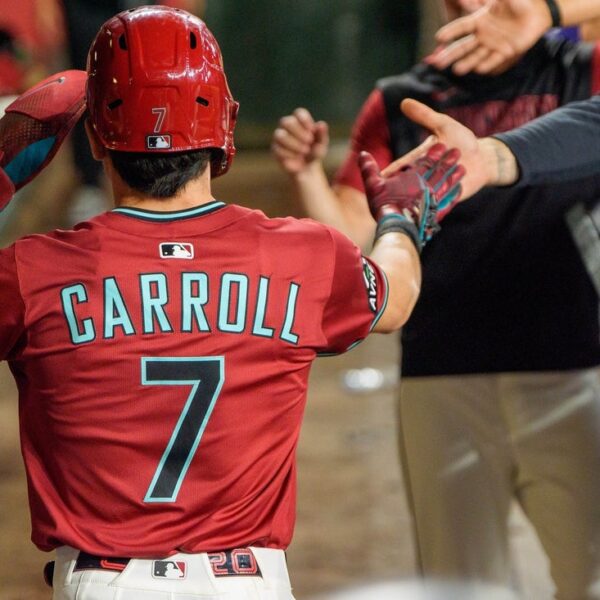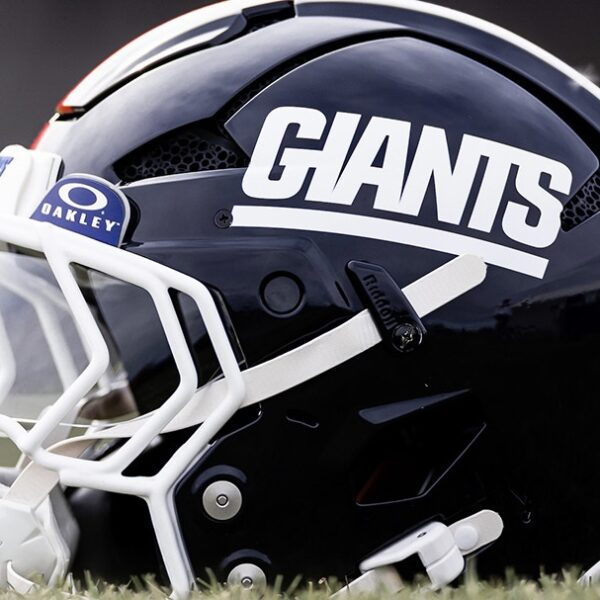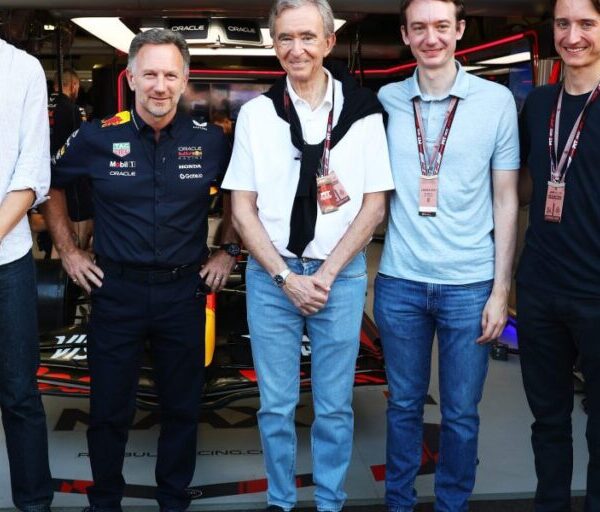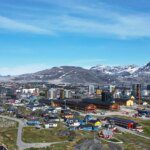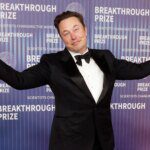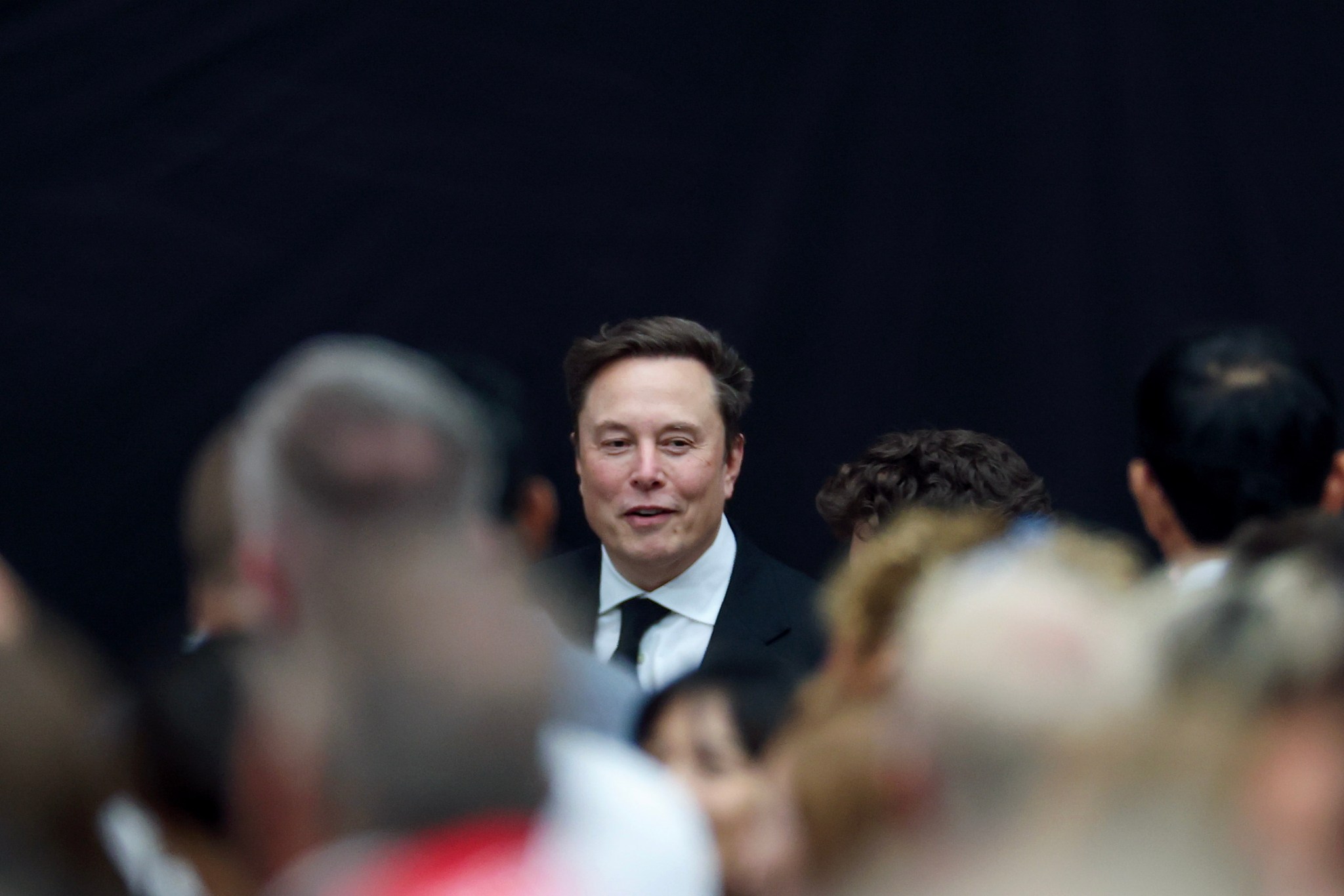
Good morning. Pope Leo XIV doesn’t like Elon Musk’s trillion-dollar pay package at Tesla. Nor does Norway’s sovereign wealth fund, which owns just over 1% of Tesla shares and plans to vote against the proposal that will be decided today. Still, odds are high that the world’s richest man will get his way as shareholders are rightly worried that he will walk if he doesn’t. His board has said as much, as has Musk. Put aside the questions about whether CEOs are paid too much or it’s tone-deaf to insist on a record-breaking pay package when so many fellow citizens are struggling. Leaders might instead ponder other questions arising from this battle:
How resilient is this company? When it comes to running Tesla, the board appears to believe that there can be only one person in charge. As Tesla chair Robyn Denholm argued in her note to shareholders: “Elon singularly possesses the leadership characteristics and technical manufacturing know-how” to take Tesla to the next level. But being perceived as indispensable is a double-edged sword for any leader—and board. While it may underscore a leader’s star power, it also suggests that the loss of that leader could mean the loss of the company, too.
How resilient is this CEO? He started the year as the defiant, chainsaw-wielding man from DOGE, whose “polarizing and partisan actions” may have cost Tesla more than 1 million U.S. EV sales, according to a Yale study. Now, he tells us he’s not “comfortable building a robot army here and then being ousted.” So he’s willing to walk away from everything he’s built if he doesn’t get everything he wants?
Is this how a public company should work? Many a founder has come to the public markets with a give-me-your-money-and-shut-up ethos. But shareholders long ago decided that with great capital comes great responsibility. Gone are the days when you can treat your company as your personal ATM, issue missives to a clubby board, and act like the people funding this venture should have no say or clarity over how you’re spending their money. Delaware courts have struck down Musk’s pay packages in the past. Musk calls the proxy advisory firms “corporate terrorists” for recommending shareholders vote down the pay package.
Why not? This is ‘moonshot pay’ that will materialize if Musk meets audacious, seemingly impossible goals. He gets rich. We get rich. So what if it’s dilutive to existing shareholders? Or that shareholders are paying big after Tesla’s had a ho-hum year and Chinese EV sales are on a tear? Perhaps the best way to test out that “Musk Magic” premium is to give Elon Musk everything he wants.
More news below.
Contact CEO Daily via Diane Brady at [email protected]
Top news
U.S. cuts flights
The U.S. Federal Aviation Administration has ordered 40 major U.S. airports to reduce flights by 10% amid a shortage of air traffic controllers exacerbated by the record-long government shutdown. Air traffic controllers are working without pay during the funding pause, resulting in many of them calling out sick to find other means of income.
SCOTUS skeptical of Trump’s tariffs
U.S. Supreme Court justices appeared skeptical that President Donald Trump possesses the authority to unilaterally enact tariffs under a 1970s emergency-powers law. However, the high court’s ruling in the case is likely still months away, meaning business uncertainty will reign until then.
Huang touts China’s AI ‘optimism’
Nvidia CEO Jensen Huang warned that China will win the AI race against the U.S. due to its more optimistic outlook on AI and the energy subsidies it’s handing out to AI developers. That contrasts with the U.S.’s “cynicism” towards AI, he said, including proposed state-level regulation of the tech.
AI’s new political sway
The physical infrastructure of the AI boom is quietly shaping politics as data centers’ geographic footprint and huge demand for water and energy weigh on voters. In Tuesday’s election, for instance, Abigail Spanberger won Virginia’s gubernatorial race after pledging to make tech companies pay their “fair share” to strengthen the grid.
McDonald’s and Cava reveal K-shaped economy
Restaurant chains McDonald’s and Cava both reported earnings this week that indicate a K-shaped economy, where higher-income consumers are spending strongly while lower-income consumers cut down on expenses. McDonald’s CEO Chris Kempczinski pointed to a near double-digit drop in traffic from “lower-income consumers” during the company’s earnings call on Wednesday, a decline that’s been ongoing for nearly the past two years.
Ford CEO pushes back against Apple CarPlay
Ford CEO Jim Farley warned that Apple’s latest CarPlay update, which can mirror iPhone interfaces and display car data like fuel level and speed, gives the tech giant too much control as an outside company. “Do you want the Apple brand to start the car?” Farley asked during an interview with The Verge.
The markets
S&P 500 futures are up 0.11% this morning. The last session closed up 0.37%. STOXX Europe 600 was down 0.08% in early trading. The U.K.’s FTSE 100 was down 0.3% in early trading. Japan’s Nikkei 225 was up 1.34%. China’s CSI 300 was up 1.43%. The South Korea KOSPI was up 0.55%. India’s NIFTY 50 is down 0.34%. Bitcoin was up at $103K.
Around the watercooler
IBM’s CEO admits Gen Z’s hiring nightmare is real—but after promising to hire more grads, he’s laying off thousands of workers by Preston Fore
Palantir says college is no longer a reliable training ground—so it hired 22 high school students instead: ‘Skip the debt. Skip the indoctrination’ by Emma Burleigh
Novo Nordisk CFO outlines ‘ultimate defense’ against stock downgrades and lawsuits to retain weight-loss crown by Eleanor Pringle
A top analyst warned of a ‘prisoner’s dilemma’ and ‘AI wobble’ in the stock market just days before Palantir seemed to confirm everyone’s fears by Nick Lichtenberg
CEO Daily is compiled and edited by Joey Abrams and Claire Zillman.

